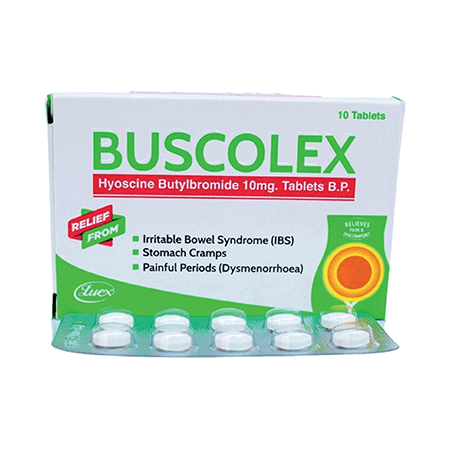Antispasmodic Drugs

Antispasmodic drugs are medications used to relieve muscle spasms and cramps. These drugs work by relaxing smooth muscle contractions in various parts of the body, including the gastrointestinal tract, urinary tract, and uterus. They are commonly used to treat conditions such as irritable bowel syndrome (IBS), overactive bladder, and menstrual cramps.
Uses of Antispasmodic Drugs
Irritable Bowel Syndrome (IBS): Antispasmodics are used to alleviate abdominal pain and cramping associated with IBS.
Overactive Bladder: Medications like beta-3 adrenergic agonists are used to reduce urinary frequency and urgency.
Menstrual Cramps: Antispasmodics can provide relief from painful menstrual cramps by relaxing uterine muscles.
Postoperative Pain: Some antispasmodics are used to manage pain and discomfort after surgery, especially abdominal surgery.
Side Effects
Anticholinergic Side Effects: Dry mouth, constipation, blurred vision, and urinary retention are common with anticholinergic drugs.
Systemic Effects: Some antispasmodics may have systemic effects or interactions with other medications.
Drowsiness and Dizziness: These can occur with muscle relaxants and may affect daily activities.
Tolerance and Dependency: Chronic use of certain antispasmodics may lead to tolerance or dependency in some cases.





Anticholinergic Agents
These drugs work by blocking the action of acetylcholine, a neurotransmitter that stimulates smooth muscle contraction.
Smooth Muscle Relaxants
These drugs directly relax smooth muscle contractions without affecting neurotransmitter activity.
Muscle Relaxants
While primarily used to relieve skeletal muscle spasms, some can also help with smooth muscle spasms.
Download Brochure
Get access to our comprehensive guide to our Antispasmodic catalogue.
Our Range of Antispasmodic Drugs

Buscolex
Fight Muscle Spasms and Cramps The Effective Way With Buscolex
Bring happiness back to your life with our range of Antispasmodic drugs
